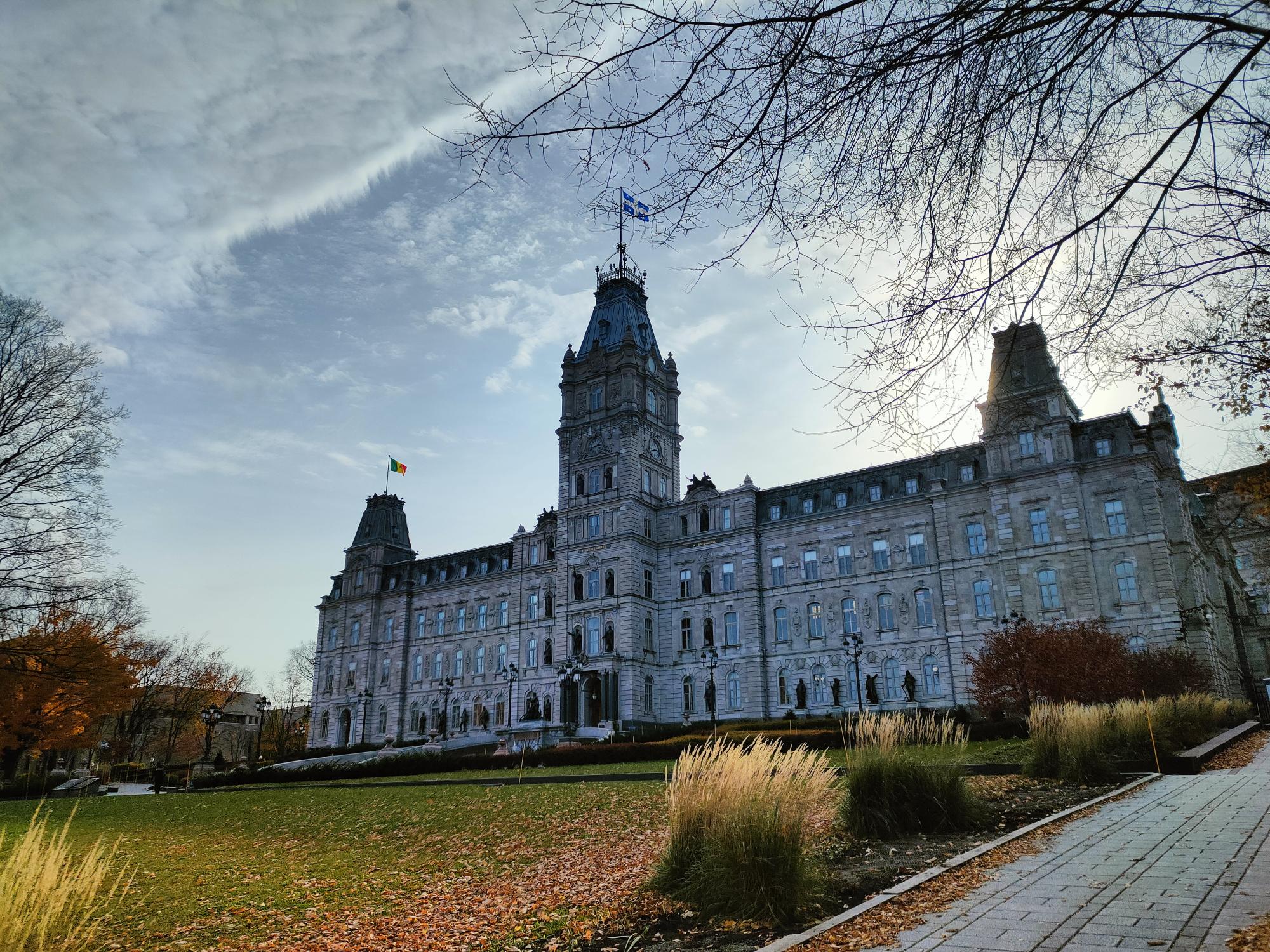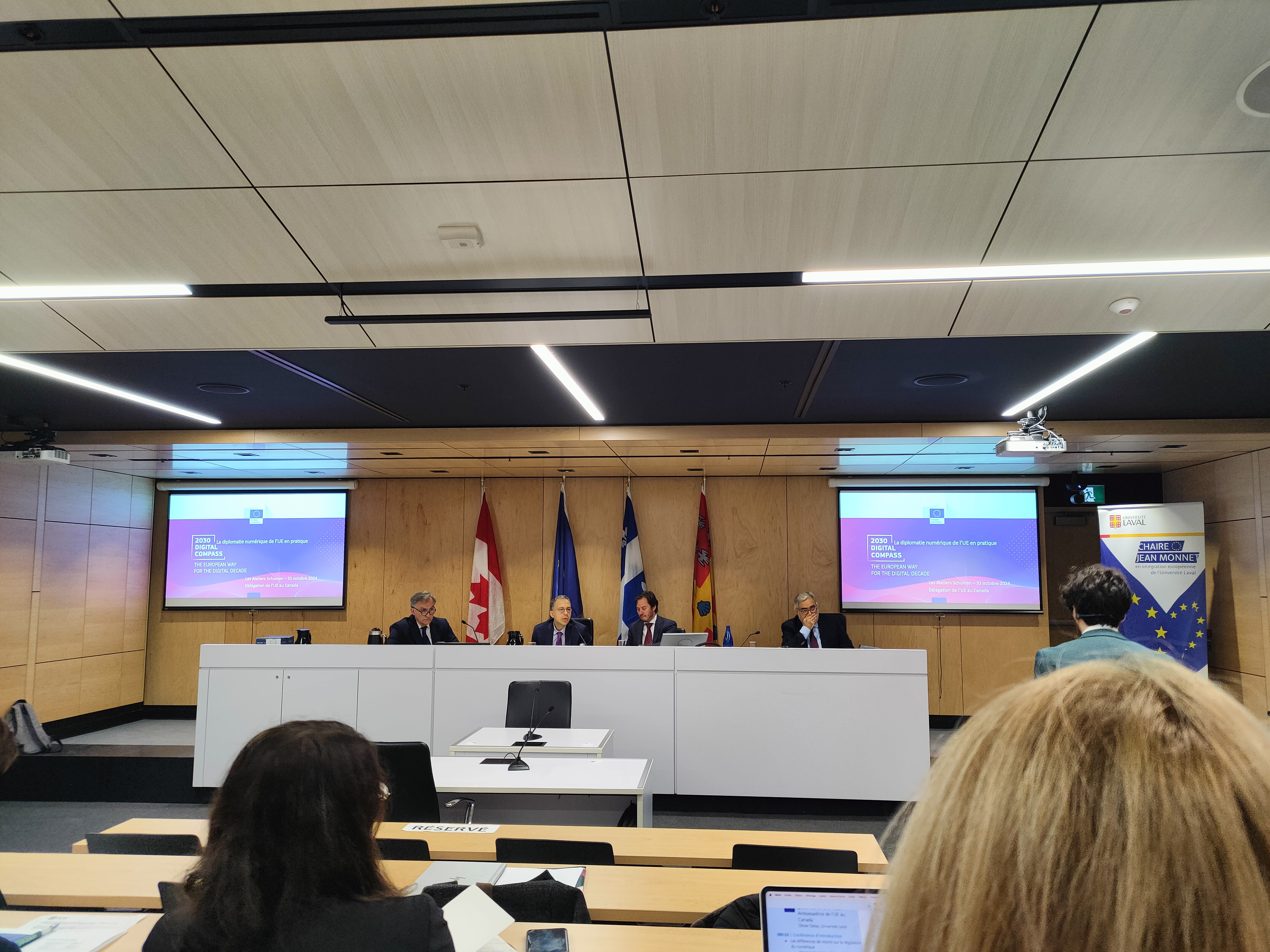My coincidental research stay in Québec city
Almost feels like a Halloween surprise

My short stay in Québec City was almost like a Halloween surprise. With the colorful autumn leaves welcoming me from the vast landscape, I started the journey with a beaming smile despite the cold. Thanks to my colleagues’ introduction, I was luckily invited to a writing workshop and a conference.
On October 30-31, I participated in the workshop Protest under Duress: Human Rights Activism and Democratic Backsliding in Asia organized by Prof. Alexandre Pelletier (Université Laval, Canada) and Prof. Meredith Weiss. (State University of New York at Albany, USA). Shifting environment and uncertainty characterize the unpredictable nature of how democratic backsliding unfolds, in comparison with “classical” authoritarian practices, in southeast Asia as in elsewhere. The central focus of the contributions was how state repression, coping strategies, and adaptive mechanisms interact in a constantly transforming political opportunity structure. To be able to observe how patterns of analysis emerge organically from a wide range of scholarly work and how editors and authors co-construct how they aim to contribute to the literature was extremely enriching. How to turn “thick’ descriptions into analytical and theoretical narratives was also very helpful for my academic writing. Moreover, being able to meet Prof. Meredith Weiss and discuss her co-authored article Survive and Thrive: Field Research in Authoritarian Southeast Asia (Morgenbesser and Weiss 2018) along with colleagues working in diverse authoritarian contexts was truly precious! Sometimes coincidences do guide us into surprisingly fruitful terrains.
 The 16th edition of the Ateliers Schuman was a week-long conference, culminated by the conference L’Espace Transatlantique À L'épreuve du Numérique Global on October 31 and November 1st. The conference started with practitioners’ briefing on how they have been cooperating with international partners in regulating cybersecurity. Notably, Mr. Christian Ranger from Affaires Mondiales Canada talked about La cyber sécurité dans l’espace transatlantique while Mr. Konstantinos Kapsouropoulos from European External Action Service provided an overview on La diplomatie numérique de l’UE en pratique.
The 16th edition of the Ateliers Schuman was a week-long conference, culminated by the conference L’Espace Transatlantique À L'épreuve du Numérique Global on October 31 and November 1st. The conference started with practitioners’ briefing on how they have been cooperating with international partners in regulating cybersecurity. Notably, Mr. Christian Ranger from Affaires Mondiales Canada talked about La cyber sécurité dans l’espace transatlantique while Mr. Konstantinos Kapsouropoulos from European External Action Service provided an overview on La diplomatie numérique de l’UE en pratique.
The conference was ambitious and covered 6 themes: data protection, artificial intelligence, digital services, different approaches to digital governance, sustainable digital transition, and issues related to security and defense. What I find the most interesting was how the Canadian approach finds itself in between the demanding European regulations and the relatively liberal legal framework from the US. Different jurisdictions reflect the various legal and political understandings of liberty and responsibility.
